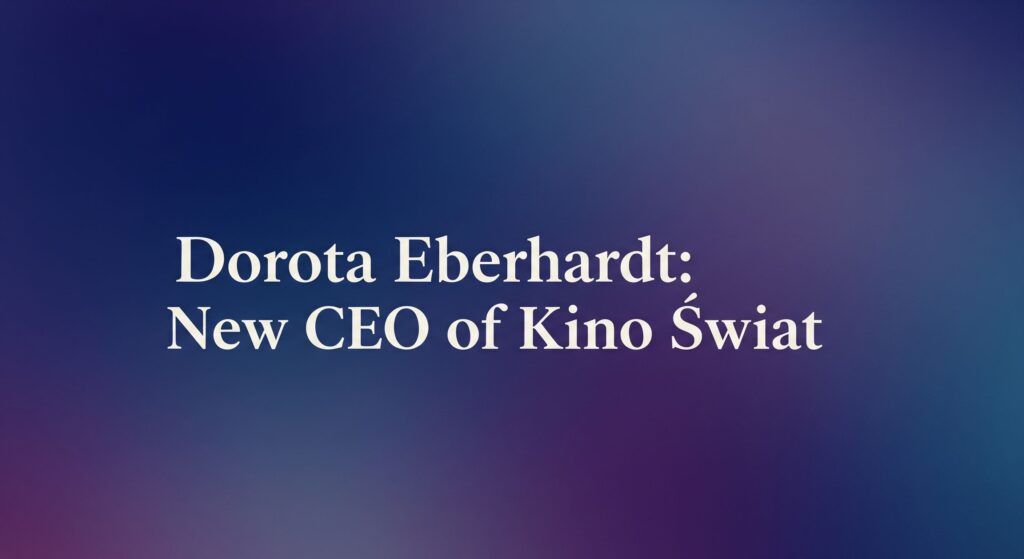Exploring the Intricacies of Human Emotion in “Mad Bills to Pay”
Observing a friend being scolded by their mother or witnessing a couple’s intense argument in public can evoke an uncomfortable sense of intrusion into their private lives. These emotional outbursts, typically reserved for those directly involved, are amplified through a powerful cinematic lens in writer-director Joel Alfonso Vargas’ remarkable social realist debut, “Mad Bills to Pay (or Destiny, dile que no soy malo).” Expanded from the short film “May It Go Beautifully for You, Rico,” which premiered in 2024, “Mad Bills” opens with a title card proclaiming, “the working man is a sucker.” This succinct phrase encapsulates the film’s thematic core: the struggle between personal agency and the overwhelming socioeconomic forces that hinder individuals from escaping their challenging circumstances.
Character Dynamics and Realism
Nineteen-year-old Bronx native Rico (Juan Collado) makes money selling “nutcrackers”—home-mixed, illegal alcoholic beverages on the beach, with playful names like Kirby Punch and Lemonhead Pikachu. At home, adorned with Dominican flags that reflect the family’s pride, tensions rise between Rico and his hardworking, understandably irritable mother (Yohanna Florentino), as well as his combative teenage sister, Sally (Nathaly Navarro), over Rico’s marijuana use and inconsistent job status. The situation escalates when Rico reveals that his 16-year-old girlfriend, Destiny (Destiny Checo), is pregnant, leading to her moving in with them as they face this new reality together.
Authenticity in Performance
The characters in “Mad Bills” exhibit a raw impulsiveness that feels genuine, akin to the behavior one might display when unaware of being filmed. Although scripted, the emotionally charged scenes—whether confrontational, tender, or romantic—create an impression of an observational documentary. This authenticity is heightened by the fact that the cast consists of trained actors whose performances resonate with a sense of realism, rather than merely dramatizing their roles.
Complex Character Development
Collado’s portrayal of Rico evolves from a suave nonchalance to a nuanced blend of youthful bravado, disappointment, and the complexities of masculinity, all while grappling with the fear of impending fatherhood without a father figure of his own. This intricate character arc unfolds naturally through Vargas’ vignettes. Checo’s performance as Destiny brings a fierce self-respect that empowers her to confront Rico, while Florentino delivers a strikingly relatable depiction of a mother’s frustration, showcasing her talent in a memorable Spanish-language performance.
Visual Storytelling and Cinematic Techniques
The film’s compelling naturalism is enhanced by Vargas and cinematographer Rufai Ajala, who utilize consistent formal techniques to maintain an intimate perspective. Much of the film is shot in thoughtfully composed static wide shots, with the camera often positioned in a corner, striving to remain unnoticed. This approach allows the sky to dominate exterior shots, symbolizing Rico’s feelings of insignificance against the weight of his struggles. In one intense moment, the camera shakes, drawing attention to its presence and the immediacy of the performances.
Navigating Responsibility and Relationships
In a bid to take responsibility, Rico secures a job as part of a restaurant cleaning crew, but this monotonous routine only amplifies the daunting reality of impending fatherhood, straining his relationships. Despite his efforts, the journey toward becoming a “better” man is fraught with challenges as his coping mechanisms and emotional vulnerabilities surface. The clever, parenthetical Spanish segment of the film’s title, (or Destiny, dile que no soy malo), serves as a hypothetical plea from Rico, asking Destiny to assure their child that, despite his flaws, he’s not a bad person.
Humanity in Complexity
Rich in unwavering humanity, Vargas’ characters may be seen as “problematic,” yet they reflect the complexities of real life, showcasing both negative and redeeming qualities. As a Dominican American raised in the Bronx, Vargas brings a unique perspective, celebrating the ordinary while avoiding simplistic judgments about individuals like Rico, who navigate the tension between societal expectations and personal aspirations. The film features the voice of popular Dominican reggaeton artist Tokischa in the track “Sistema de Patio,” which serves as a sonic motif, following Rico through his missteps as if it were a ghost from a party now haunting him.
A Unique Perspective on Latino Narratives
“Mad Bills to Pay” aligns with films like “Raising Victor Vargas” and “Manito,” which portray New York through the eyes of young Latino men from marginalized neighborhoods striving to escape cycles of poverty and incarceration. However, what sets Vargas’ work apart is that he is not an outsider observing a community; instead, he offers a vicarious self-portrait through characters who could easily be his neighbors. This deep-rooted understanding of a specific community and the intricacies of their struggles cannot be researched—it must be experienced firsthand.

















































